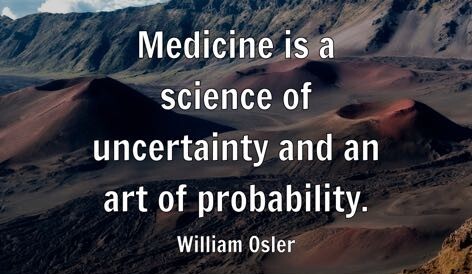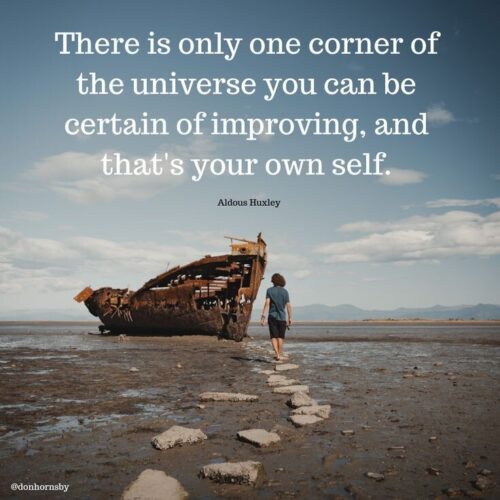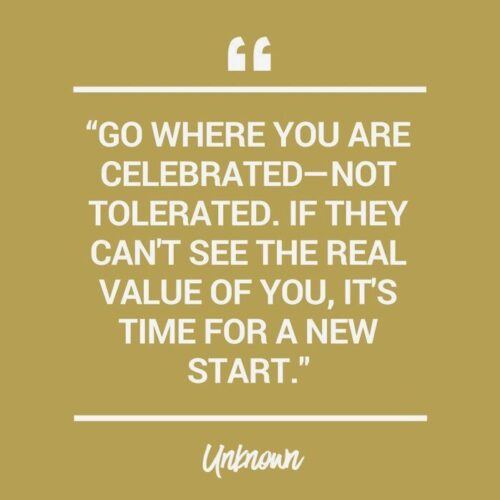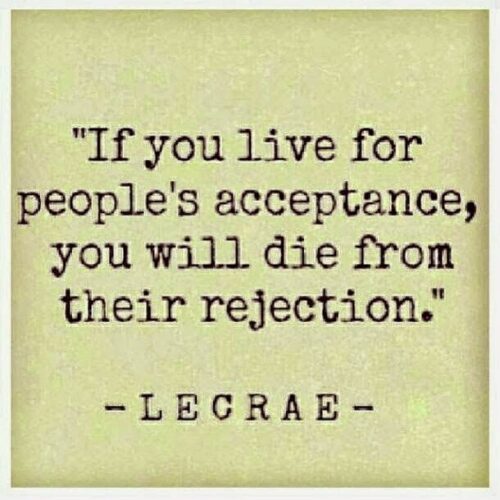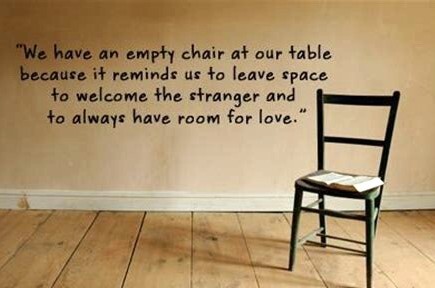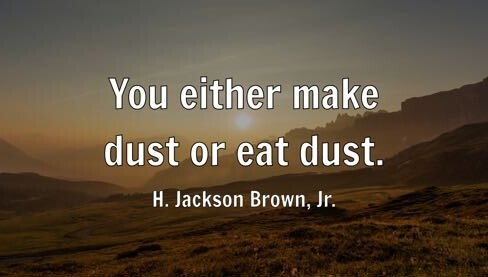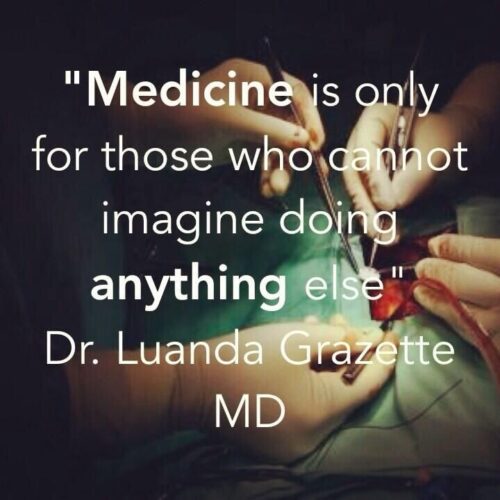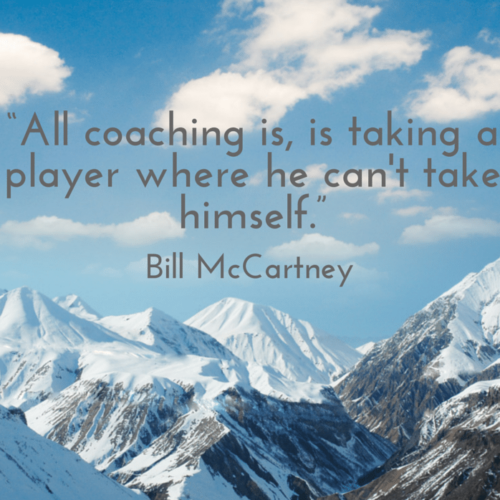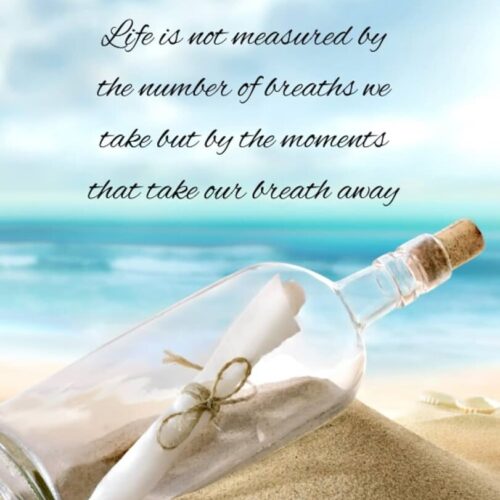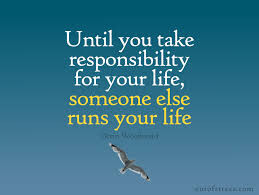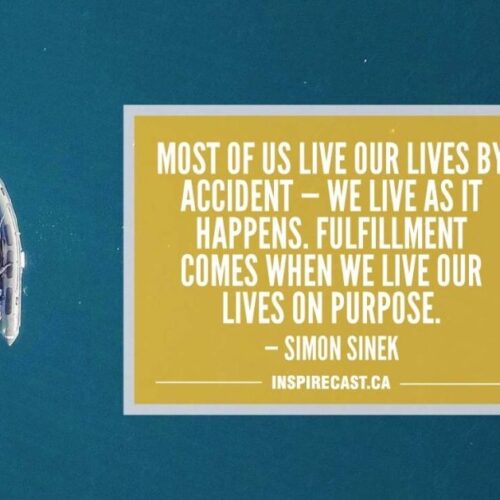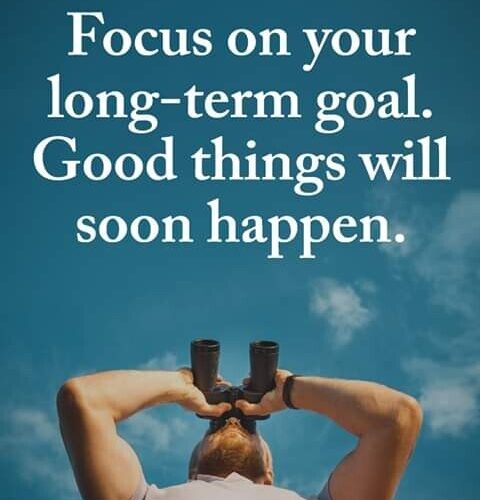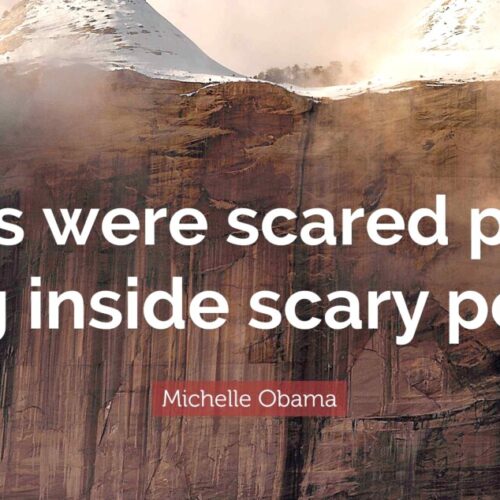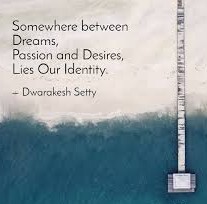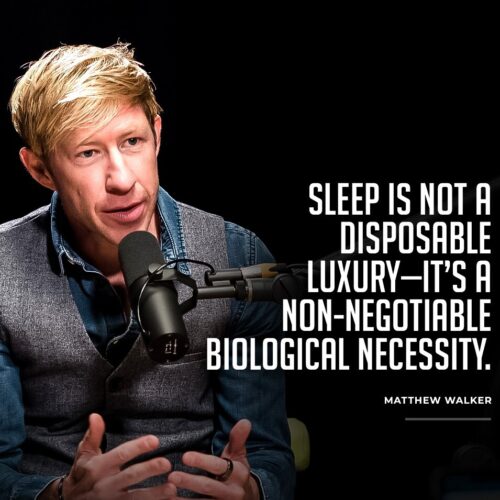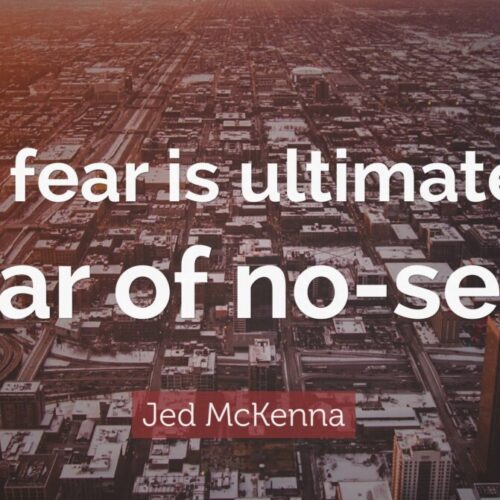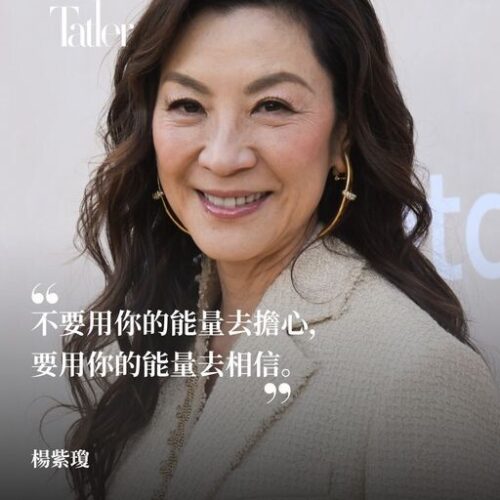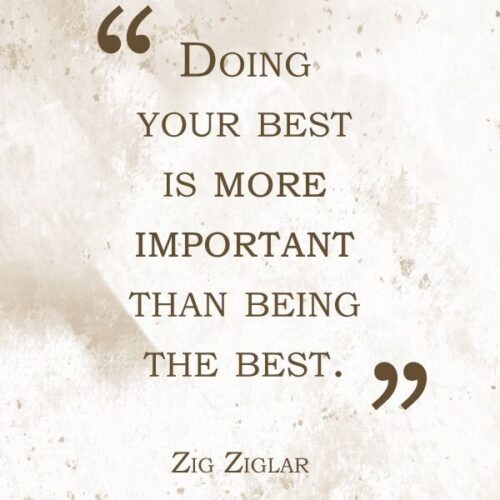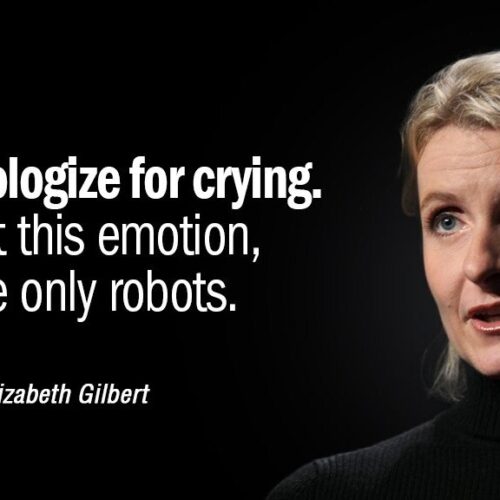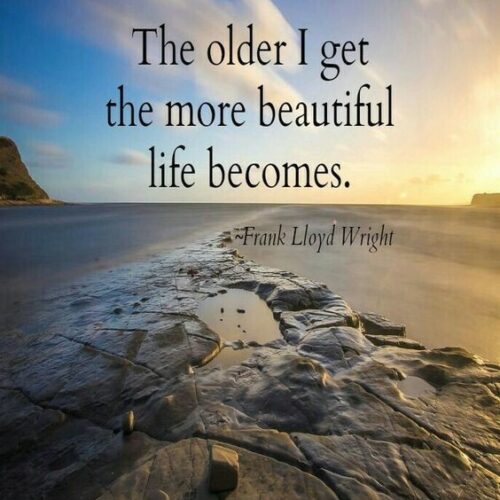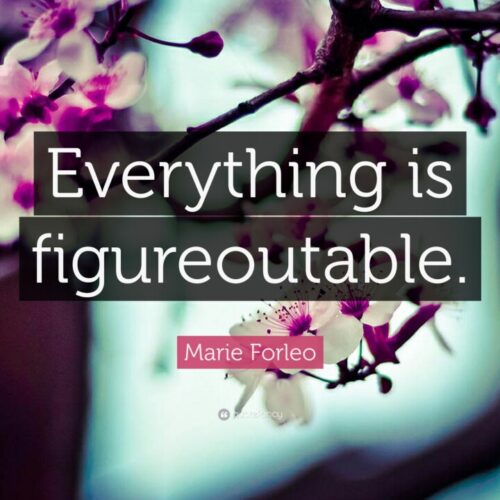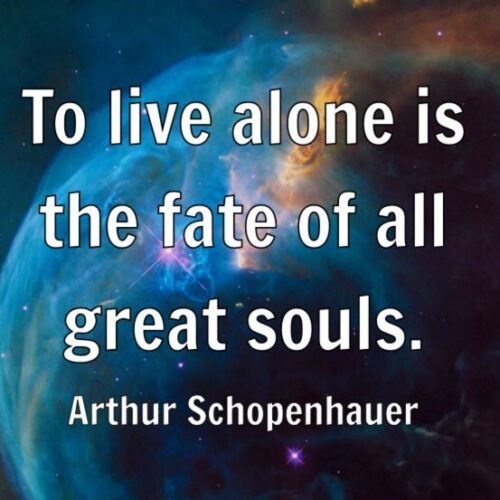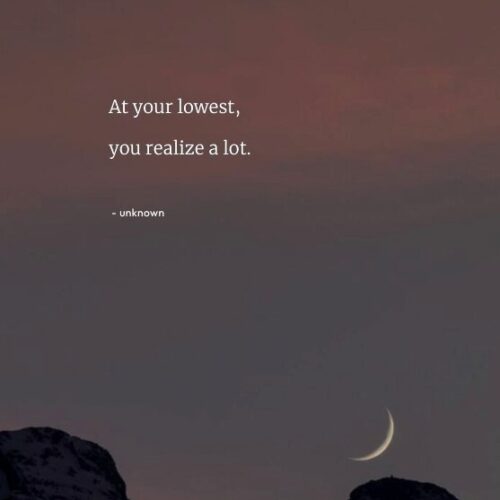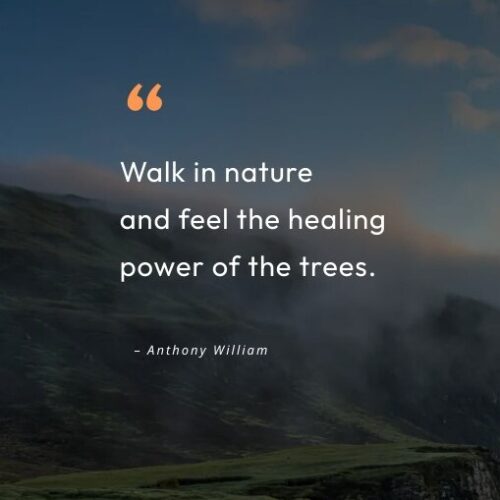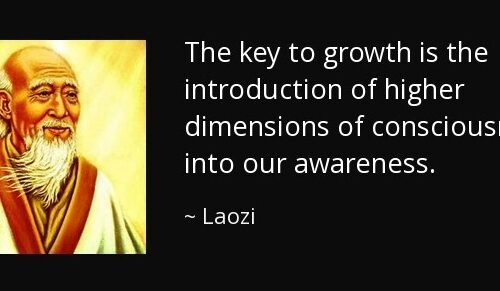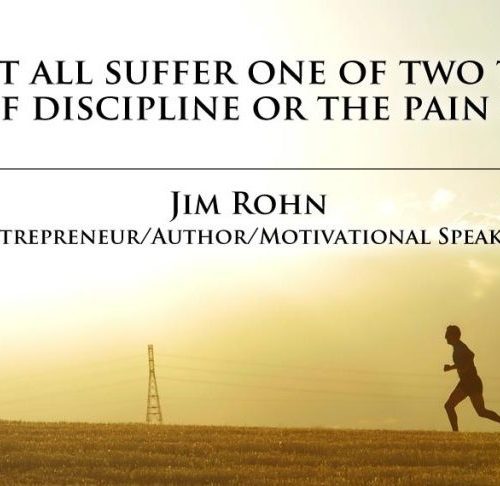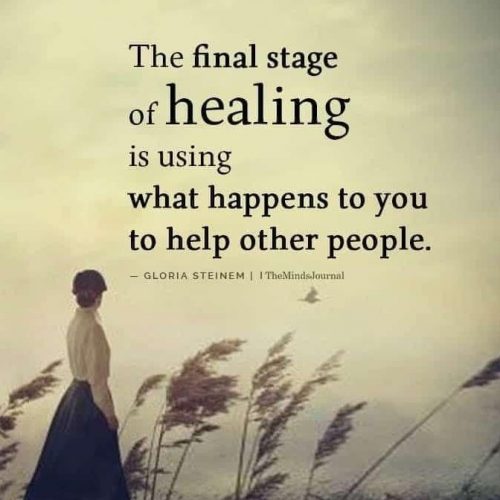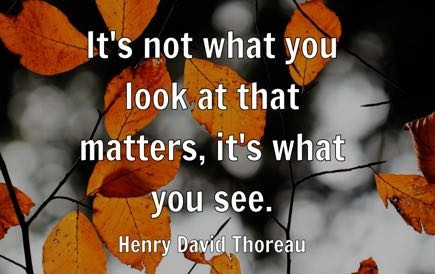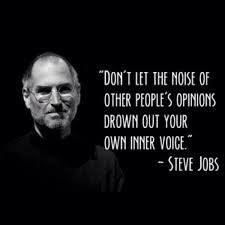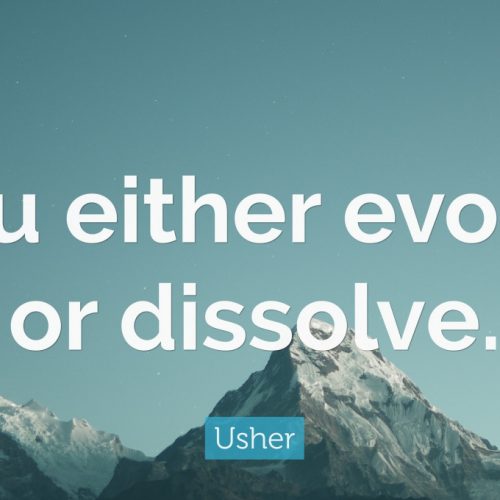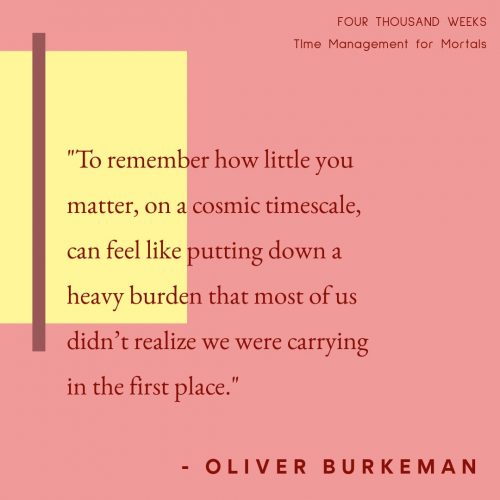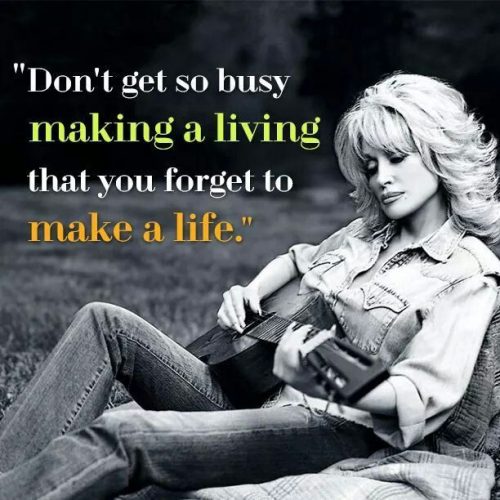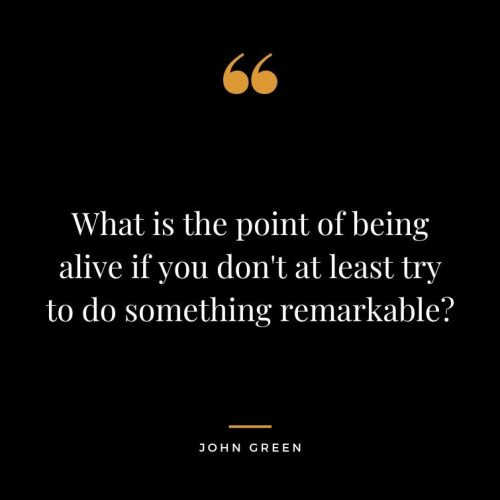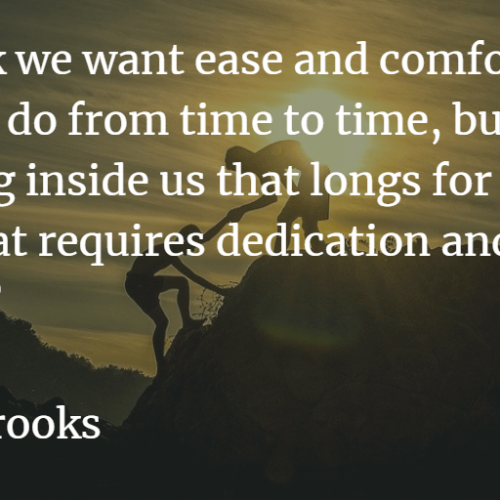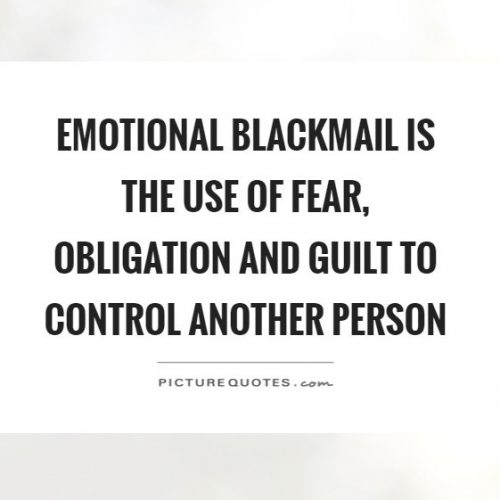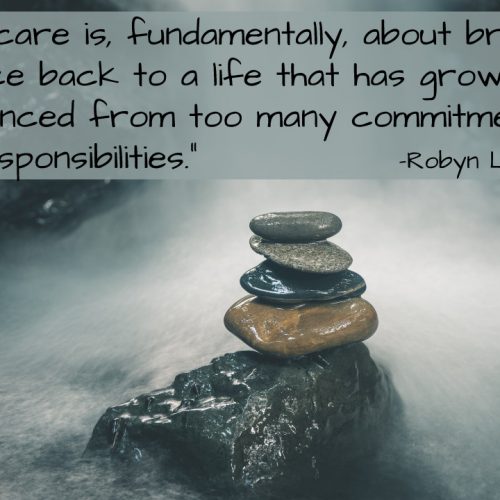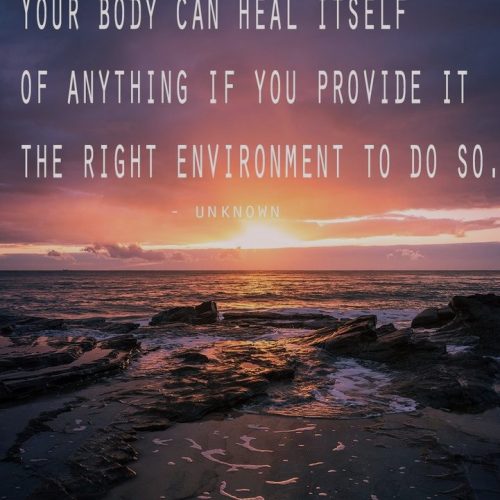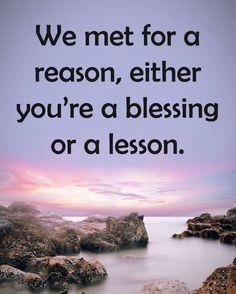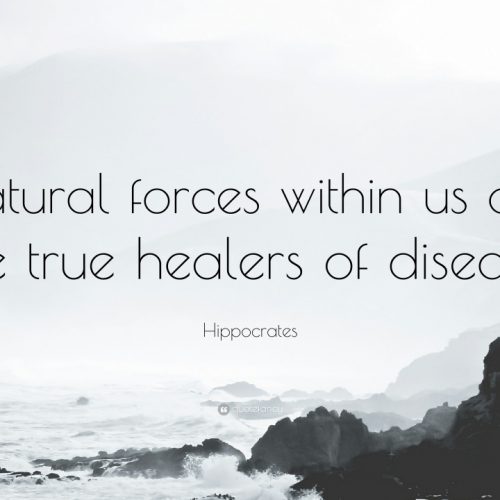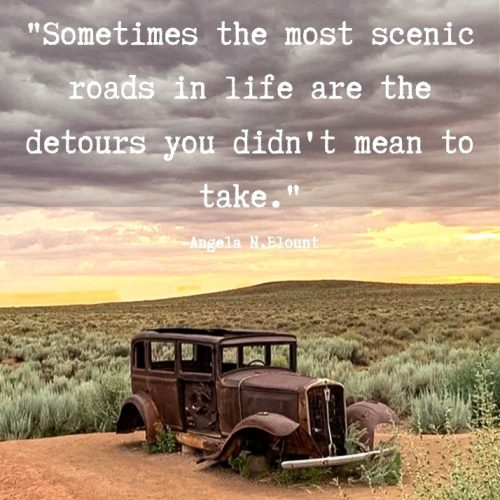有一天,我突然意識到:生命有限,決定不再與志趣不投的人往來,不再奉陪不長進的對話。
人生因此多了幾百位過客,即便是親人,即便是曾經深交的朋友,我也願把生命奉獻給那些願意珍惜身體、珍惜生命的人,把時間投資在我珍愛、也愛我的人身上。
所有的聚焦,再次回到「身體天賦」。進化已為我們預設了這套程式,那是真正的財富,也是引領我們遠離病痛的真正實力。
讀完《內在富裕》,我進入更深層的自我檢視。我的志業與工作,只能歸入作者列出的「有意義的人生」一欄。我發現自己把時間都投注在工作,而忽略了更具挑戰性的生命視野。
必須說,我在工作中結識了很多很棒的人。對「自律養生」陌生的人,也許會覺得我太孤僻,因為我認為願意善待自己身體的人是地球上很珍貴的資產。如今,我又在遴選標準上加上感恩與謙卑的態度。
堅守了原則,拉高了標準,把有限的生命納入計畫。當你發現我不得不關上特定人士的大門,請原諒我認定時間有限的事實,也請原諒我想為自己撰寫一部屬於「內在富裕」的人生篇章。
One day, I suddenly realized: life is finite. I resolved to stop associating with those who share no common ground, to stop indulging in conversations that lead nowhere.
As a result, hundreds of people became mere passersby in my life. Even relatives, even once-close friends, I am willing to release. I would rather dedicate my life to those who cherish their bodies and their lives — and invest my time in those I love and who love me back.
In the end, all focus returns to the gifts of the body. Evolution has preinstalled this program within us. It is true wealth, the very power that leads us away from sickness.
After reading Life in Three Dimensions, I entered a deeper phase of self-examination. My work and my mission fall squarely under what Oishi calls a “life of meaning.” But I realized I have poured almost all of my time into work, neglecting the more challenging dimensions of life.
I must say, I have met many wonderful people through my work. To those unfamiliar with Self-Discipline Health, I may seem reclusive. But to me, those who are willing to treat their bodies kindly are among the earth’s most precious treasures.
Now, I have raised the bar again — adding gratitude and humility to my criteria. By holding to my principles, raising my standards, and placing the reality of life’s finitude into my plan, I have chosen a narrower, deeper path.
So if you find that I must close the door on certain people, forgive me for acknowledging the fact that time is limited — and forgive me for wanting to write a life chapter that truly belongs to inner wealth.

